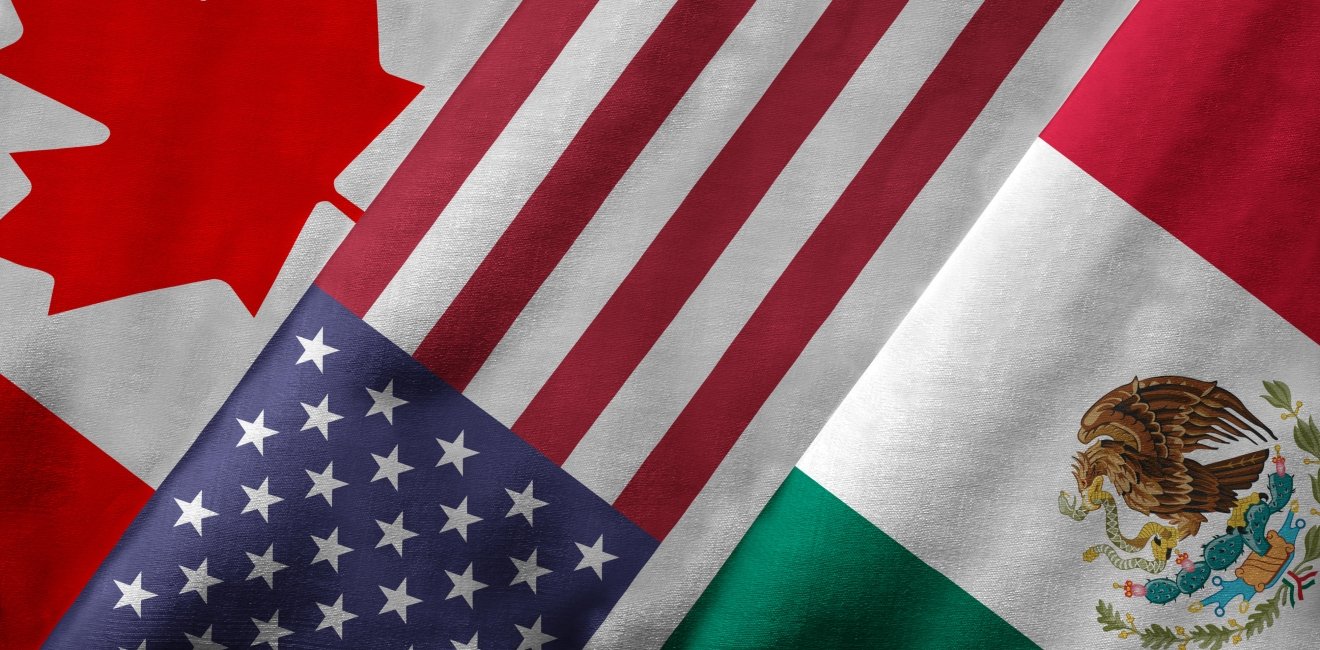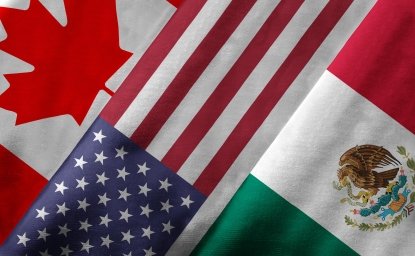USMCA at One
On June 30, the one-year anniversary of USMCA, the Wilson Center's Mexico and Canada Institutes held a conversation with the trade ministers from the United States, Mexico, and Canada The event focused on the biggest lessons learned from the first year of USMCA, as well as on the top priorities for North American collaboration in the years ahead.






